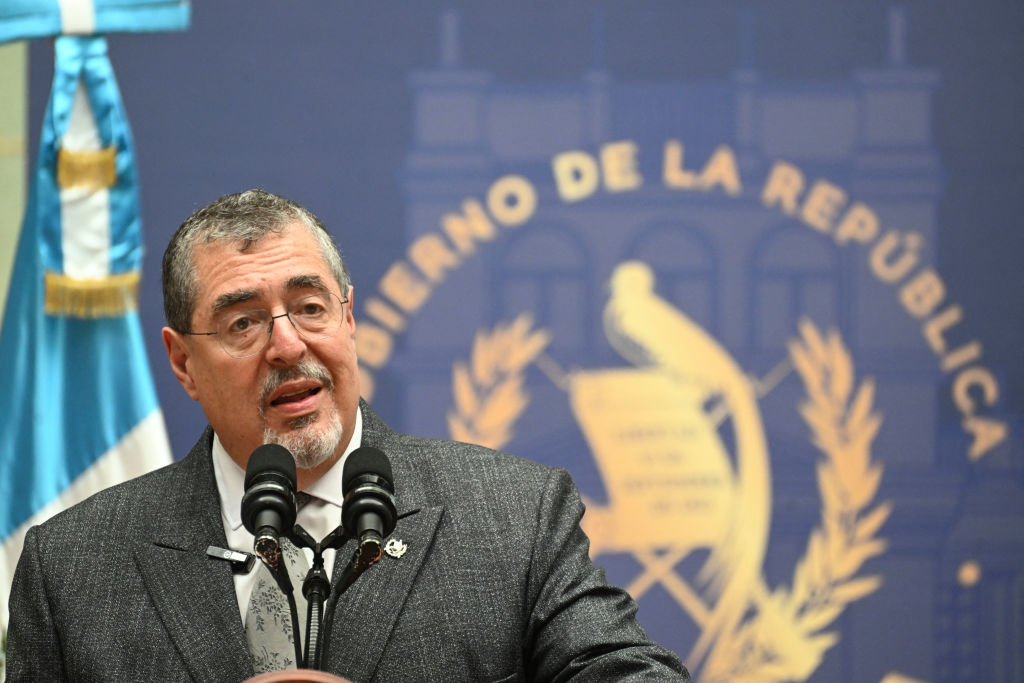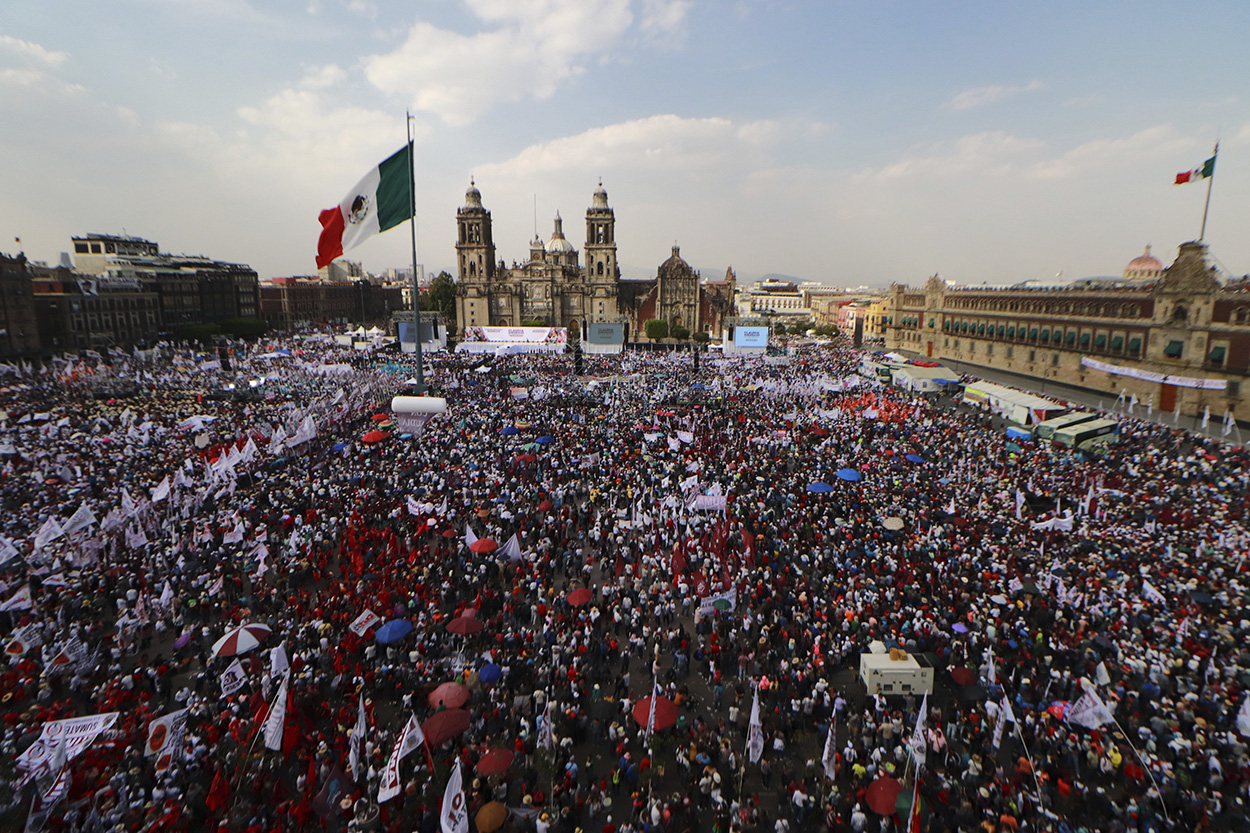Mexico Congressional Elections: Public Opinion, Economic Impact, and Political Implications
Mexico Congressional Elections: Public Opinion, Economic Impact, and Political Implications
AS/COA brought together a panel of experts to examine polls ahead of Mexico's midterm elections. Topics also included possibilities for fiscal reform given the probably political make-up of the country's congress after the July 5 vote.
Speakers:
- Francisco Abundis, Associate Director, Parametría.
- Shannon O’Neil, Douglas Dillon Fellow for Latin America Studies, Council on Foreign Relations
- Lisa Schineller, Director, Sovereign Ratings for Latin America, Standard & Poor’s
- Christopher Sabatini, Senior Director of Policy, Americas Society/Council of the Americas, Editor-in-Chief, Americas Quarterly (Moderator)
Introduction
In light of the Mexican midterm elections on Sunday, July 5, the Americas Society/Council of the Americas organized a panel discussion on the electoral trends and the economic and political implications of the congressional vote. All speakers shared a similar electoral outlook, highlighting the startling popularity of President Felipe Calderón and positioned the Partido Revolucionario Institucional (PRI) as the overall winner of the congressional elections, followed closely by the Partido Alianza Nacional (PAN). In addition, speakers emphasized the importance of reforms, giving especial attention to fiscal reform. Although all presenters agreed that the newly elected Congress must pursue these reforms promptly, they noted the high political risk entailed ahead of the 2012 presidential elections.
Calderón’s high approval rating
Despite Mexico’s economic crisis and the country’s recent burst of cartel-related violence, Calderón commands high approval ratings, noted all three speakers. Parametria’s Francisco Abundis, showed his firm’s latest poll, which suggests the President has over 70 percent approval. Council on Foreign Relation’s Shannon O’Neil and Abundis agreed that Calderón’s popularity was due to his government social programs, such as Oportunidades. O’Neil added that the president’s efforts in fighting drug trafficking and reforming the judicial system show he has “[responded] to voters, particularly to a growing middle class.” Abundis said, “Mexicans now think that the President has now more power than the armed narcotrafickers.” On the other hand, Andrés Manuel Lopez Obrador (AMLO), Calderon’s last electoral rival, has seen his approval rating drop dramatically in the latest round of polls.
Looking at the polls
Though the PAN and President Calderón’s ratings have survived the security and the economic crisis, Parametria’s May 2009 poll show the PRI commands 38 percent of in terms of voter preference, followed by the PAN with 32 percent and the Partido Revolución Democrática (PRD) with 18 percent. Standard & Poor’s Lisa Schiniller, said this year’s electoral outlook reflect the 2003 electoral result in which “the PRI gains, PRD losses, and the PAN stays somehow at the same level.” Moreover, O’Neil said this outlook doesn’t present any major change from the current political division of the legislative body. She added that the PRI, though a poll favorite, will not get a majority in congress. There was a general consensus among speakers that there will be no reforms without multiparty negotiations.
Fiscal reform
Schineller pointed out that Standard & Poor’s maintains a negative outlook on Mexico’s rating based on the country’s economic and fiscal outlook. She added that her firm has a modest growth projection for the country and with a mere 8.2 percent coming from non-oil tax revenue, the Congress will have to accelerate fiscal reforms to strengthen the country’s revenue base. O’Neil emphasized that “fiscal reform is the most important reform” to maintain the pace of investment in infrastructure, education, and social programs.
The challenges of passing reform
Abundis highlighted the distinct nature of the July 5 elections. For him, this is the first time there is no major ideological discrepancy between the country’s three main political parties on what needs to be done; the question is who will take the political risk.
Speakers had differing perspectives on this subject. For Schineller, the PRI will not take any risk in trying to pass reform because of the 2012 presidential elections. But O’Neil predicted a more active approach by the PRI in which the party can be seen as a more active alternative for the 2012 election. She also expressed less skepticism about the Congress’ ability to negotiate and used the recent energy reform as an example of compromise between the PRI, PAN, and the PRD. Abundis said that the PRI would want to see these reforms in place if they win the 2012 election.
Conclusion
All speakers shared similar opinions about the results forecasted by Parametria’s May 2009 poll, saying that such results would not trigger any power shift. In regards to the voto nulo movement, which calls on voters to deface ballots in protest of the political status quo, all speakers downplayed it by reminding the audience of the regular absentee margin in Mexico’s midterm elections.







